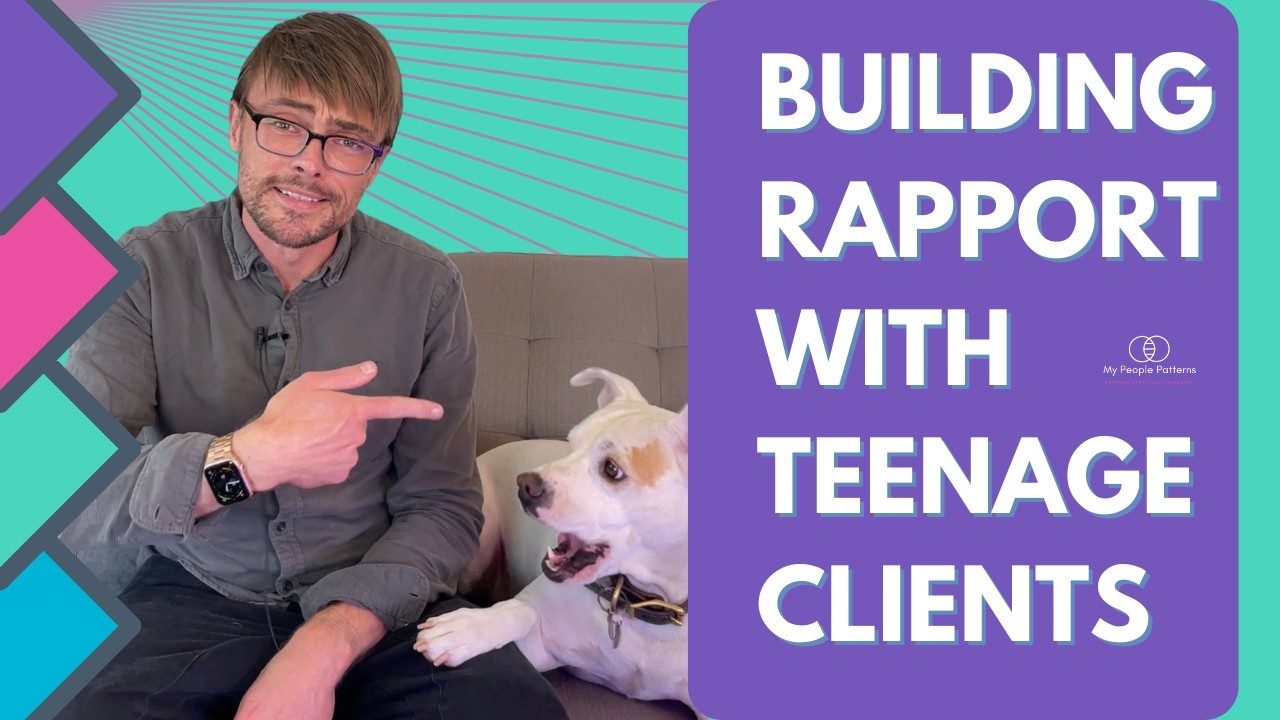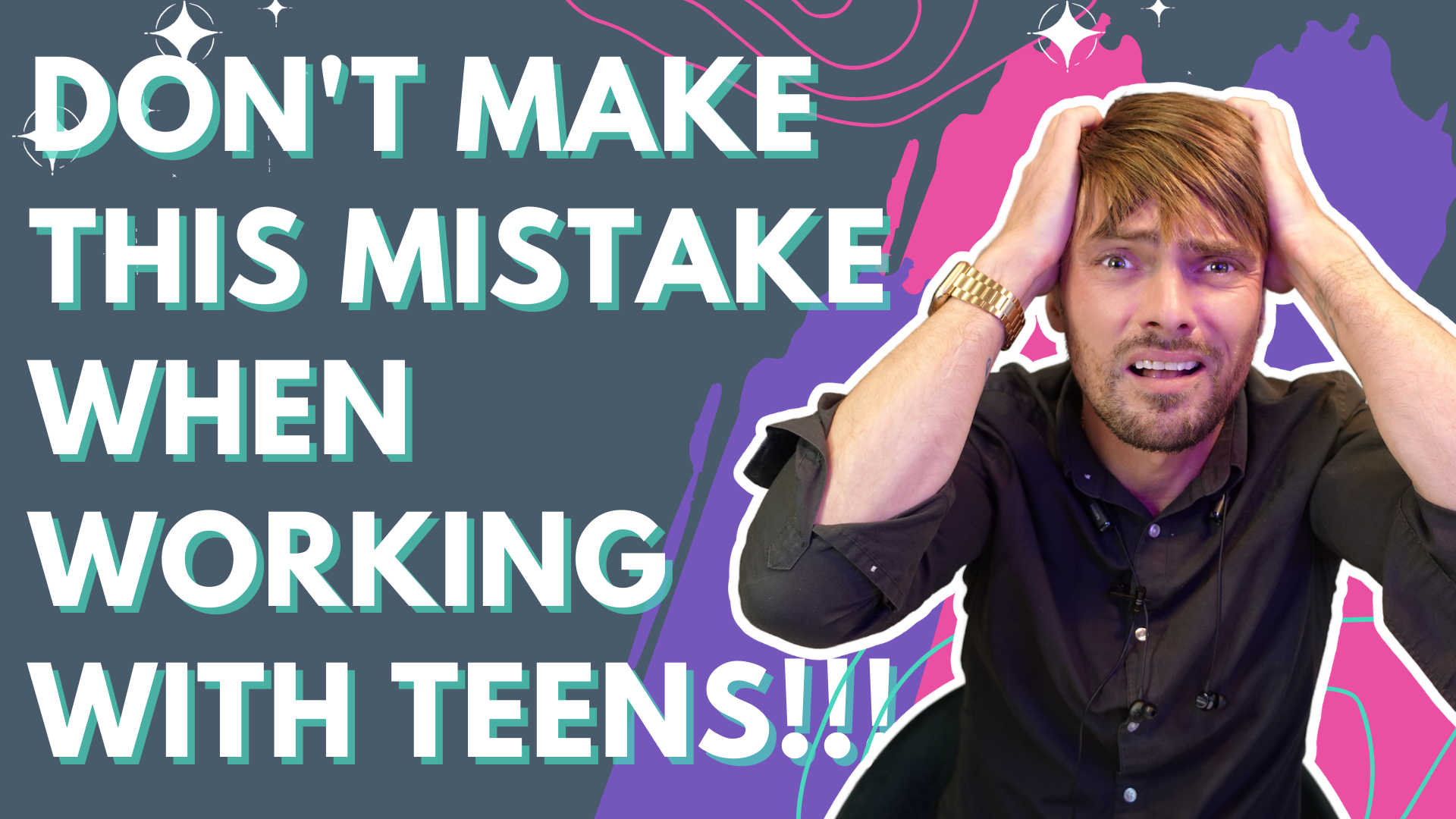Building Rapport with Teenage Clients - Questions to Avoid!
Sep 25, 2022
If you're reading this, tou're most likely a new-er clinician wbout to take on the monumental task of working with teenagers. This is aa hugedeal, and I want to tell you how awesome I think you are for doing this. Most therapists or clinicians will avoid working with this population and get their 'child hours' elsewhere - and that's not without good reason; working with teens is challenging, frustrating, and can be a huge amount of fun!
I'm a Licensed Marriage and Family Therapist in West Hollywood, California, and I specialize in working with families of teens. I was the Clinical Director of a treatment center for adolescents for many years, and I'm shari ng with you some of the tools and tricks I learned along that way and shared with the clinical team I hired and trained.
ng with you some of the tools and tricks I learned along that way and shared with the clinical team I hired and trained.
I strongly believe that the worst thing you can do, the number one mistake you can make, is to treat a teen as if it was the first session with an adult or couple. We are trained to ask about the presenting problem and "What brings you in today." This is great for non-teens, obviously, but when working with adolescents, I highly suggest that you avoid this part of your training. The reason being that adults are mainly coming to see us because they want to be in therapy - they have issues or problems that have been identified as being problematic.
Teenagers, however, are more likely to be in therapy because they've been sent by parents, school or sometimes court, and as such, they don't want to be there. If you start the session by asking about 'the problem' this is going to reinforce the idea that you're just another adult who is going to ask 'annoying' questions or try and fix them.
Of course, some teenagers do want to be in therapy, and I still recommend you avoid asking about the presenting problem in the first session or two. As you don't quite know them, or all the situation, you run the risk of becoming that adult who is asking them about problems they have difficulty in speaking about. It's far more important to build rapport first, and you can do this by literally not being like every other adult in their life.
Building rapport with teenagers is the most important part of your treatment plan for at least the first few sessions, and I explain more in the course. I also provide a very long list of questions that I ask for you to download. It's not a script because I think teens will see right through that, and also because you want to be yourself with a teen as much as possible.
To get the full list of questions that I ask teenagers and a whole lot more, check out this course I created that covers many of the themes I relayed to my team and the associates I train. This course has got some very positive feedback, so after you've watched the youtube video and you want more, consider checking the course out. I've kept the price low because I know that we're often not paid well as newer therapists so it's only $5.99.
"The My People Patterns content is authentic, relatable, and thought-provoking. Now that I’ve looked at the material in this course, when it comes to working with teens I feel more excited and curious, and feel confident that I will be able to navigate any hurdles I face because I can refer back to the content for inspiration and ideas."


